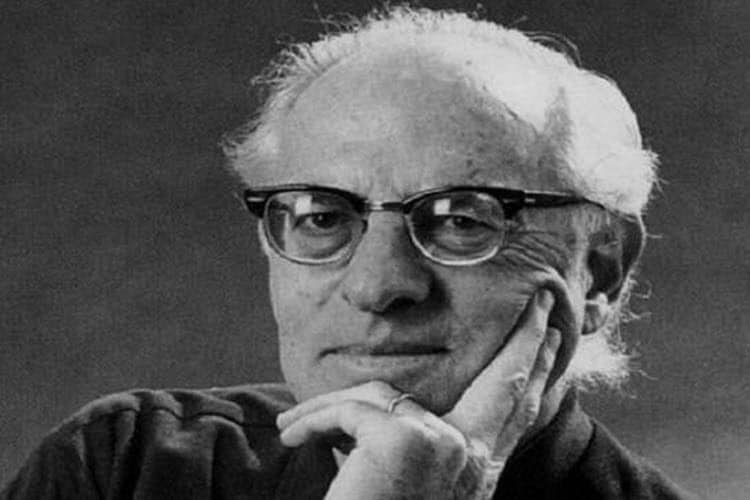Frederick Reines: The Neutrino Pioneer

Frederick Reines (16 March 1918 – 26 August 1998) was an American physicist. He was awarded the 1995 Nobel Prize in Physics, along with Clyde Cowan. Reines’ co-discovery of the neutrino is considered one of the most significant achievements in the history of particle physics and has led to many subsequent discoveries and breakthroughs in our understanding of the subatomic world.
Life and Career
He was born on 16 March 1918, in Paterson, New Jersey. He obtained his undergraduate degree in physics from the Stevens Institute of Technology in Hoboken, New Jersey, in 1939. He then pursued post-graduate studies in physics at New York University (NYU), where he earned his master’s degree in 1941 and his Ph.D. in 1944.
His doctoral thesis was titled “The Formation and Decay of Excited He3.” He conducted his research under the supervision of physicist Richard Garwin, who later became known for his work on the hydrogen bomb and other nuclear weapons projects. During his time at NYU, he also worked as a research assistant at the university’s High Voltage Laboratory, where he studied high-energy nuclear reactions. This experience helped prepare him for his later work in particle physics, including his co-discovery of the neutrino in the 1950s.
In the 1950s, Reines and his colleague Clyde Cowan began a series of experiments to detect the elusive neutrino, a particle with no electric charge and very little mass. They built a large detector filled with water, surrounded by scintillators that would emit light when struck by neutrinos. They then used a nuclear reactor as a source of neutrinos and waited for the rare occasions when one would interact with an atomic nucleus in the detector, producing a telltale flash of light.
In 1956, Reines and Cowan succeeded in detecting the first neutrino, a landmark achievement in particle physics. He continued to work in physics throughout his career, making contributions to areas such as nuclear physics, astrophysics, and solar energy. He was also a professor at the University of California, Irvine, where he mentored many students and helped establish the university’s physics department. He died on 26 August 1998, in Orange, California.
Award and Legacy
In 1995, Reines was awarded the Nobel Prize in Physics, along with Clyde Cowan, “for the detection of the neutrino.” The Frederick Reines Memorial Award, established in 2000 by the Neutrino 2000 conference, is named in Reines’ honor and recognizes outstanding contributions to the study of neutrinos.
Overall, Frederick Reines left a lasting legacy as a pioneering physicist, dedicated mentor, and advocate for science education and diversity. His contributions to our understanding of the neutrino continue to inspire and inform research in particle physics and related fields.
Observer Voice is the one stop site for National, International news, Sports, Editor’s Choice, Art/culture contents, Quotes and much more. We also cover historical contents. Historical contents includes World History, Indian History, and what happened today. The website also covers Entertainment across the India and World.

